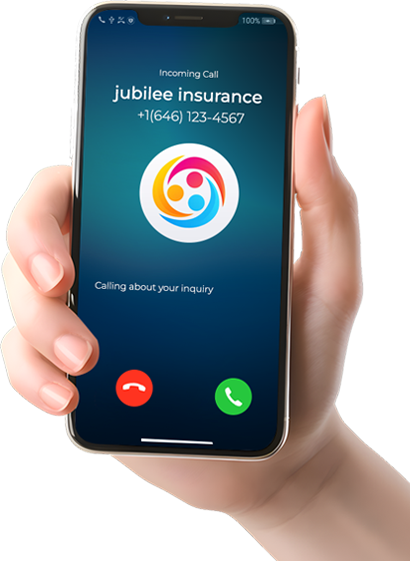
Increasing Connectivity by 20%

A Comprehensive Guide to Call Center Campaigns: Definition and Types
Call centers play a critical role in managing client interactions and promoting business growth in today's business environment. Call centers rely heavily on their campaigns, which are organized initiatives meant to accomplish particular corporate objectives through focused communication. We will examine the definition of call center campaigns, examine their different varieties, and emphasize the significance of these campaigns in accomplishing company goals in this thorough guide.
What is a Call Center Campaign?
A call center campaign is a planned endeavor in which representatives interact with clients or potential clients in order to accomplish predetermined goals. To make sure these efforts are in line with the organization's larger objectives, they are frequently painstakingly planned, carried out, and tracked. They can be classified as either outbound, in which agents contact clients or prospects, or inbound, where clients initiate contact.
Types of Call Center Campaigns
Call center campaigns can be broadly categorized into inbound and outbound campaigns, each serving different purposes and requiring distinct strategies.
Inbound Call Center Campaigns-
Inbound campaigns are focused on managing incoming calls from customers. These calls can be for various reasons, and the campaigns are tailored to address specific types of inquiries or issues.
Customer Support Campaigns:
Objective: Resolve customer issues, provide technical support, and offer product information.
Example: A tech company running a support line for troubleshooting hardware issues.
Sales and Order Processing Campaigns:
Objective: Assist customers in placing orders, provide product recommendations, and upsell or cross-sell products.
Example: An e-commerce company managing order-related inquiries and facilitating purchases.
Customer Feedback and Surveys:
Objective: Gather customer feedback to improve products, services, and overall customer experience.
Example: A retail chain conducting post-purchase surveys to gauge customer satisfaction.
Appointment Scheduling Campaigns:
Objective: Schedule and manage appointments for services, consultations, or product demos.
Example: A healthcare provider handling patient appointment bookings and reminders.
Outbound Call Center Campaigns-
Outbound campaigns involve call center agents proactively reaching out to customers or prospects. These campaigns are often used for sales, marketing, and customer engagement initiatives.
Telemarketing Campaigns:
Objective: Promote products or services, generate leads, and close sales.
Example: A telecommunications company calling potential customers to offer new service plans.
Customer Retention Campaigns:
Objective: Retain existing customers by offering special deals, addressing concerns, and enhancing loyalty.
Example: A subscription service contacting customers whose subscriptions are about to expire to offer renewal discounts.
Lead Generation and Qualification:
Objective: Identify potential customers, gather information, and qualify leads for the sales team.
Example: A B2B company reaching out to businesses to identify decision-makers and qualify leads for follow-up.
Debt Collection Campaigns:
Objective: Contact customers with overdue accounts to arrange payments and resolve outstanding debts.
Example: A financial institution calling customers to discuss repayment options for overdue loans.
Market Research and Surveys:
Objective: Conduct market research to gather insights on customer preferences, market trends, and competitive analysis.
Example: A market research firm conducting surveys to collect data on consumer behavior.
Importance of Call Center Campaigns-
Achieving Business Goals:
Well-designed campaigns help organizations achieve specific objectives, such as increasing sales, enhancing customer satisfaction, and improving retention rates.
Targeted Communication:
Campaigns allow for targeted communication with customers, ensuring that messages are relevant and timely, which enhances the effectiveness of interactions.
Data Collection and Analysis:
Campaigns provide valuable data that can be analyzed to gain insights into customer behavior, preferences, and feedback, driving continuous improvement.
Efficiency and Productivity:
Structured campaigns enable call centers to operate more efficiently, optimizing agent productivity and ensuring consistent service quality.
Enhanced Customer Experience:
By addressing customer needs proactively and effectively, campaigns contribute to a positive customer experience, fostering loyalty and advocacy.
Conclusion
Call center campaigns are effective tools that help businesses accomplish particular goals and strategically interact with their customers. For these efforts to be successful, whether they are inbound or outgoing, meticulous planning, carrying out, and monitoring is necessary. Businesses can use call center campaigns to generate growth, enhance customer happiness, and maintain competitiveness in today's changing market by knowing the many sorts of campaigns and their significance.
Sources: Accenture Strategy, PwC, Business.com, McKinsey, Forbes






Catch up on the latest feature updates, news, and announcements.